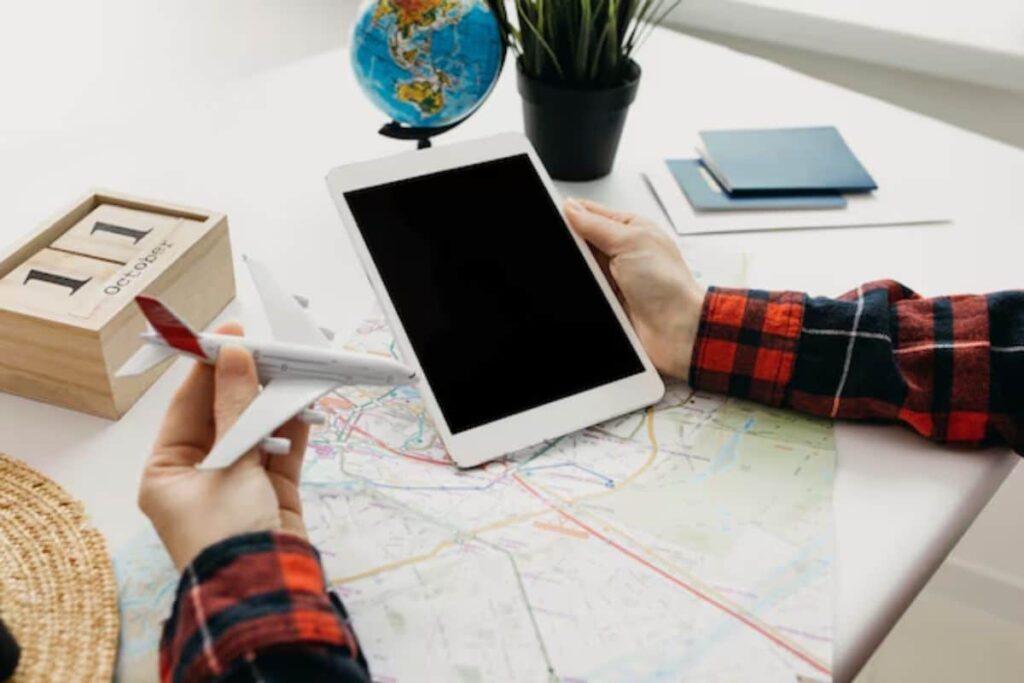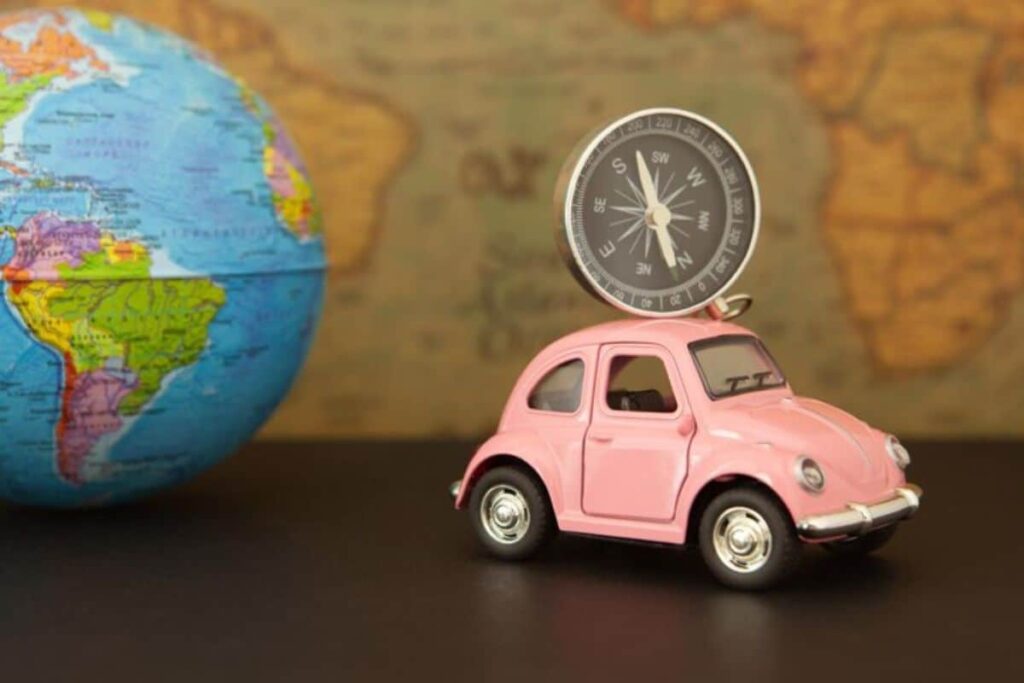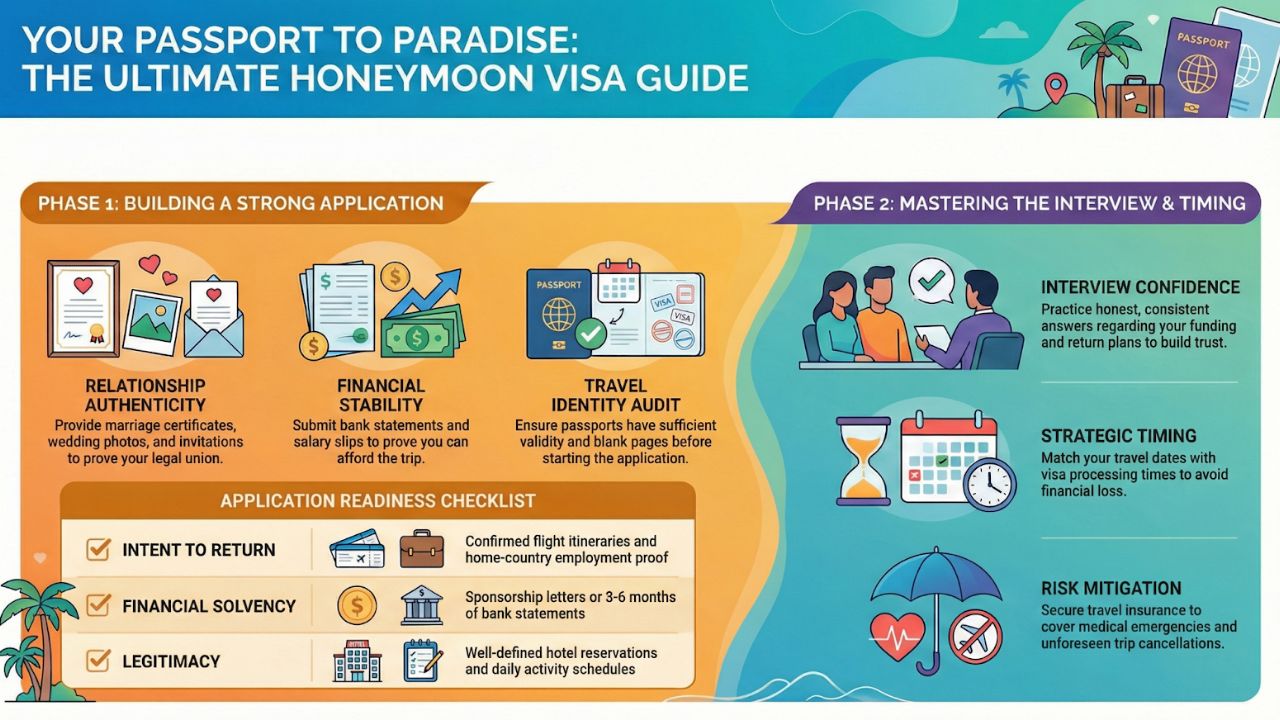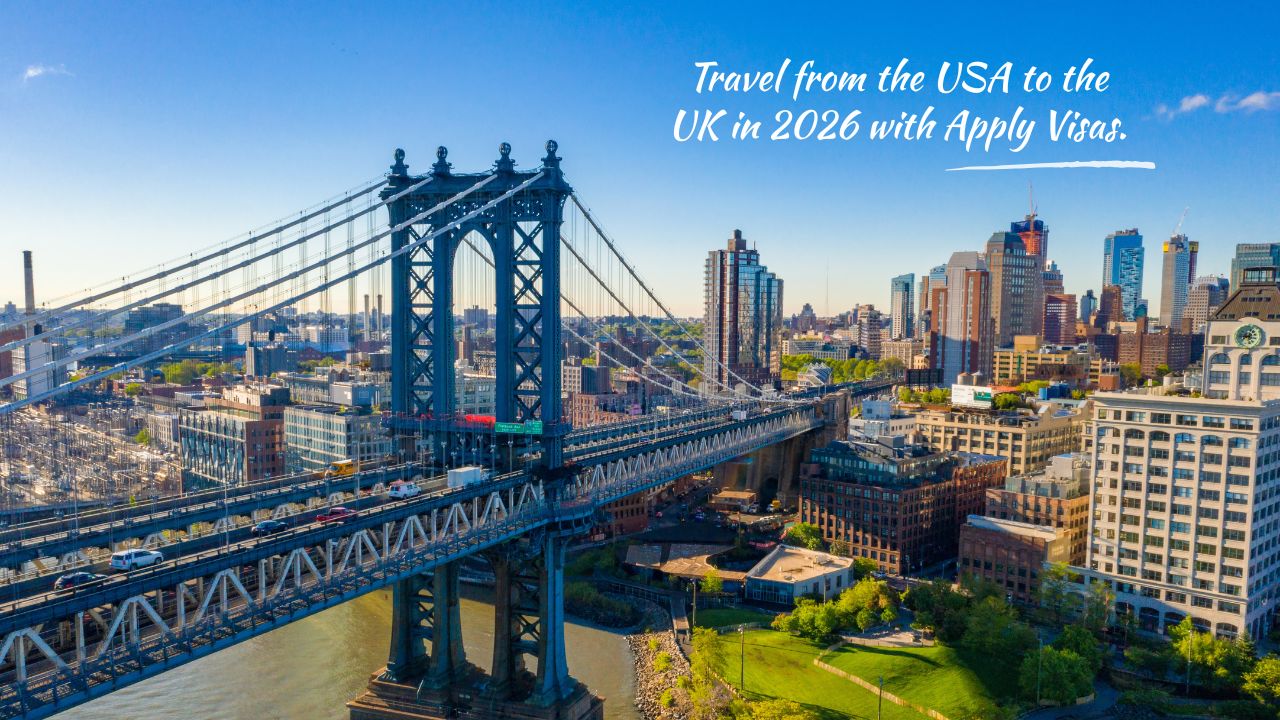A travel budget planning is essential for anyone who wants to explore new places without financial pressure. By establishing a healthy budget, researching destinations, and planning ahead, travelers can stretch their budget further. Booking flights and accommodations in advance, using travel budgeting tools and choosing low-cost travel options can significantly reduce costs. Eating smarter, such as choosing street food or cooking, also helps maintain your budget. With thoughtful planning, travelers can enjoy an unforgettable trip without overspending. Embrace these options, and travel smart—make your dream trips inexpensive and stress-free!
Traveling is one of life’s great pleasures, it gives you the opportunity to explore new places, cultures and food. But without proper planning, travel can quickly become a financial burden. Whether you’re planning a weekend getaway or a long trip, it’s important to pay close attention to budgeting to ensure your trip is enjoyable without breaking the bank. In this post, we’ll explore some important travel budget planning to help you manage your expenses, save money, and get the most out of your trip.
Table of Contents
ToggleSet a Realistic Travel Budget
The first step in travel budget planning is establishing a clear, realistic budget. Start by determining how much you can afford to spend on your trip without compromising your financial stability. A well-defined travel budget allows you to allocate funds efficiently and helps prevent overspending.
To set a realistic budget, consider the following:
- Destination Costs: Some destinations are inherently more expensive than others. Research the cost of living in your chosen location, including accommodations, food, transportation, and activities.
- Duration: The length of your trip will directly affect your overall budget. Longer trips typically require more money for accommodations, meals, and daily expenses.
- Travel Style: Are you planning a luxurious vacation or a budget-friendly backpacking trip? Your travel style will influence your spending in every category.
Once you have the total travel budget, categorize it into transportation, accommodation, food, activities, and miscellaneous. This will enable you to know how much to put into each part of the trip and keep track of your finances.
Research and Plan Ahead

One of the most crucial travel budget planning strategies is thorough research. By planning ahead, you can save significantly on flights, accommodations, and other expenses.
Flights
Advance booking of flights usually results in good deals. You can use websites such as Google Flights, Skyscanner, or Kayak to find the best prices. You can also travel during the off-season when airfare is relatively cheaper. Be flexible with your travel dates if you can. You can also sign up for airline newsletters or travel deal alerts that will help you get cheap tickets.
Accommodations
Accommodations can take up a large portion of your travel budget planning, so it’s essential to find the best options within your price range. Compare prices on different booking platforms like Booking.com, Airbnb, or Hostelworld. For longer trips, consider options like house-sitting or vacation rentals, which may be more affordable than hotels.
Activities
You can plan your travel budget by researching activities beforehand, which can include entry fees, tours, and experiences. Most cities have free or low-cost activities like museums, parks, or walking tours, which will help you save money while enjoying the destination. By carefully researching each aspect of your trip, you’ll have a clearer picture of the costs involved, and you’ll be better prepared to stick to your travel budget.
Use Travel Budgeting Tools
Technology can be a valuable ally in managing your travel budget. There are several budgeting apps and tools available that make it easy to track your spending and stay within your financial limits.
Some popular travel budget planning tools include:
- Trail Wallet: A travel expense tracker that allows you to set daily budgets, categorize expenses, and track your spending in real-time.
- Splitwise: Ideal for group trips, Splitwise helps divide expenses among travelers and keeps everyone on the same page.
- Expensify: This app is useful for tracking receipts and expenses, particularly for business travelers who need to keep a detailed record of their spending.
Using these tools, you can monitor your travel expenses daily, ensuring that you don’t go over your budget. Additionally, having an accurate record of your spending during travel budget planning will allow you to adjust your budget on the fly if necessary.
Save on Transportation

Transportation can be a significant expense when traveling, but there are several ways to save money in this category:
Flights and Long-Distance Travel
As mentioned earlier, booking flights in advance and being flexible with your travel dates can lead to substantial savings. Consider alternative transportation options like trains or buses, which may be cheaper than flights for shorter distances. Additionally, budget airlines often offer lower fares, but be mindful of additional fees for baggage and other services.
Local Transportation
Once you get to your destination, local transportation can also affect your finances. Public transportation systems like buses, trams, or subways are generally more expensive than taxis or carpooling. In some cities, you can purchase a multi-day or unlimited trailer, which can be expensive if you plan to use public transport frequently. Not only is walking or biking free, but it’s also a fantastic way to explore your destination while not saving on transportation costs. Some cities offer bike sharing programs, allowing you to rent a bike for a small fee and explore the area at your own pace. By cutting back on travel expenses, you can put more of your budget into other areas, like food, activities, or souvenirs.
Eat and Drink Smart
Food and drink expenses can quickly add up, especially in touristy areas or high-end restaurants. However, with a bit of planning, you can enjoy delicious meals without blowing your travel budget.
Local Markets and Street Food
One of the best ways to experience a destination’s culture is through its food, and local markets or street food vendors offer authentic meals at affordable prices. Not only will you save money, but you’ll also get a taste of the local cuisine that’s often more flavorful than what you’d find in tourist-oriented restaurants. For those exploring Cheap Travel Destinations in India, these local eateries are a great way to immerse yourself in the vibrant culinary scene while keeping your travel budget in check.
Self-Catering
If you’re staying in accommodations with kitchen facilities, consider cooking some of your meals. Visit local grocery stores or markets to buy fresh ingredients, and prepare simple, budget-friendly dishes. This is especially useful for breakfast or lunch, leaving you more flexibility to splurge on a nice dinner or try a special dish at a local restaurant.
Avoid Tourist Traps
Restaurants in tourist-heavy areas tend to be more expensive. To save money, look for eateries frequented by locals or venture slightly off the beaten path. Apps like Yelp or TripAdvisor can help you find highly-rated, affordable dining options.
Final Thoughts on Travel Budget Planning
Travel budget planning is essential for ensuring that you can explore new places without worrying about money. This can be achieved by setting a realistic budget, researching, and planning ahead, using budgeting tools, saving on transportation, and making smart choices regarding food and drink. With these steps, you will be able to stretch your travel dollars and enjoy a more fulfilling and stress-free trip. The art of traveling on a budget lies in balancing your spending across categories and remaining flexible and adaptable. No two trips are alike and your budget may have to adapt as you go, but you will be fully prepared and able to make the best of your travel experience without over-spending. Whether you’re exploring a new city or venturing out into the wilderness, these tips will help you make the most of your adventure while keeping your finances in check.
Safe travels and happy planning!











4 thoughts on “Essential Travel Budget Planning Strategies”